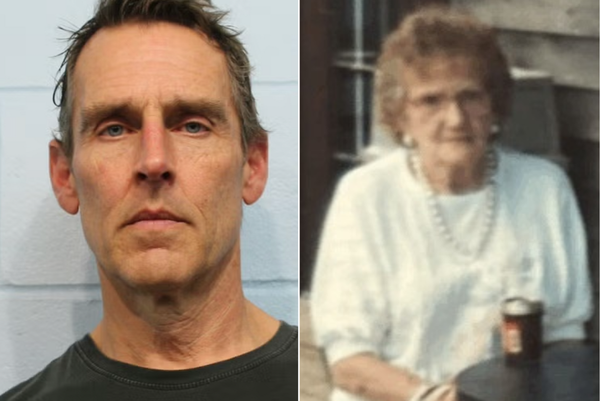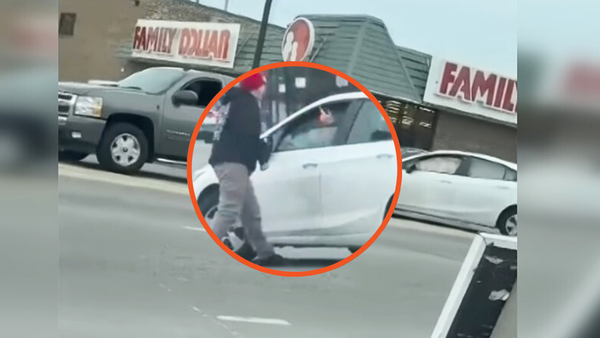
More than 1,300 worried parents nationwide joined a webinar on safety in early education this week from families advocacy network The Parenthood, tuning in after weeks of sickening reports of alleged abuse at childcare centres.
Georgie Dent, CEO of The Parenthood, said the allegations from Victoria had panicked families countrywide.
“I haven’t seen parents’ trust in safety rattled in the way it is now,” she told Guardian Australia.
“It’s not just parents in Melbourne or Victoria being fearful of early childhood education – many are engaging for the first time, asking ‘is my child safe?’”
It’s the quagmire facing education minister Jason Clare and early childhood minister Jess Walsh as parliament returns on Tuesday for the first time since the election. While this week was meant to be a victory lap for the government – highlighting Labor’s thumping 94-seat caucus, capped by giving a parade to their Hecs debt reduction bill – the minister now finds himself facing urgent demands to safeguard a system where he doesn’t control all the levers, with critical safety functions shared across eight state and territory systems.
Labor has put early education at the centre of its agenda after prime minister Anthony Albanese singled out universal childcare as his “legacy” during the election campaign – by giving pay rises to educators, offering childcare training in its free Tafe program, and widening access to subsidies.
But providers say they need more to keep kids safe.
One major Australian childcare provider said they needed Canberra to do more on safety training and lead the states into establishing nationally consistent rules on reporting systems and stripping working-with-children accreditation, which can vary by jurisdiction.
“States don’t talk to each other,” one executive said.
More training, including pupil-free days each year for training – like primary and high schools – has been mooted.
“Quality and safety are inextricably linked. Better qualified and experienced teachers translate to improved risk,” Dent said, calling better training for workers “the most significant piece” in keeping kids safer.
Clare will introduce a bill this fortnight empowering the commonwealth to terminate federal subsidies to childcare operators guilty of egregious safety breaches, ban providers failing minimum standards, boost unannounced spot-checks and issue public notices to underperforming centres.
A separate push for a national worker database, tracking movements of staff, will be considered separately at a meeting of education ministers in August. Clare has admitted progress has been too slow; there are questions about why abhorrent childcare abuse uncovered in 2022 didn’t already lead to wider system changes.
But let’s park that for now, and focus on what Clare and Walsh will put forward this fortnight.
While the Coalition opposition has pledged to be constructive and are likely to support the government, acknowledging the need for swift action, some Liberals don’t believe the government’s plan goes to the core of child safety issues. Shadow assistant minister Zoe McKenzie warned it “may not go far enough” – with many pertinent powers resting with the states, the Coalition will urge Labor to show more “national leadership” and prod the states into swifter action.
The states are moving on their own. Victoria announced its own childcare worker registration system, and will require childcare centres to adopt the federal ban on personal devices or face a $50k fine.
Dent said it went beyond parents and families, going to a broader economic imperative; with more families than ever needing two incomes to stay afloat, giving confidence about kids’ safety while parents work is critical to keeping food on the table, she said.
“This sector has grown out of necessity … but the regulation and oversight has not kept pace. Education access, workforce capacity, it’s all under strain,” she said.
“Child safety is not being guaranteed across the board to the extent parents and children expect.”
Providers say they’re eager to make their centres safer, but with some announcing the roll out of CCTV cameras in early learning and more choices for parents over the care of their children. Some say the money could be better spent, instead suggesting training more educators to ensure children aren’t left alone with just one teacher. Concern has also been raised about the misuse of captured footage.
Ten months ago, a Productivity Commission report setting out a pathway to universal childcare recommended an independent commission to take a “comprehensive national view”. The PC noted “limited transparency and accountability – both from governments and service providers”.
Dent and The Parenthood have long called for such a model, as have the largest childcare providers, saying a major national body was critical to tie together safety, training, regulation and monitoring. Clare has said the government has “an open mind” about such a body to look at safety issues.
Other major providers have praised federal pay rises for educators, and free Tafe for educators, as gamechangers – but raised concern about completion rates and the quality of some vocational courses. More must be done to attract good people and keep them in the industry.
G8 Education, one of Australia’s largest providers, welcomed changes to improve safety – but a spokesperson said “harmonising policies, regulations, systems and processes” across different levels of government was urgently needed. They also backed a national registry of staff working with vulnerable people as well as a national registration scheme for teachers.
Parents want assurance that their kids will be safe, but Australia’s cross-jurisdictional system means it’s not an easy fix. Clare’s job will not be easy.
“We need to be reassuring parents the vast majority of services are good and there for the right reasons, most are really well qualified,” Dent said.
“The challenge is restoring confidence where it’s warranted and raising alarm where it’s needed.”
“Parents are distressed.”







